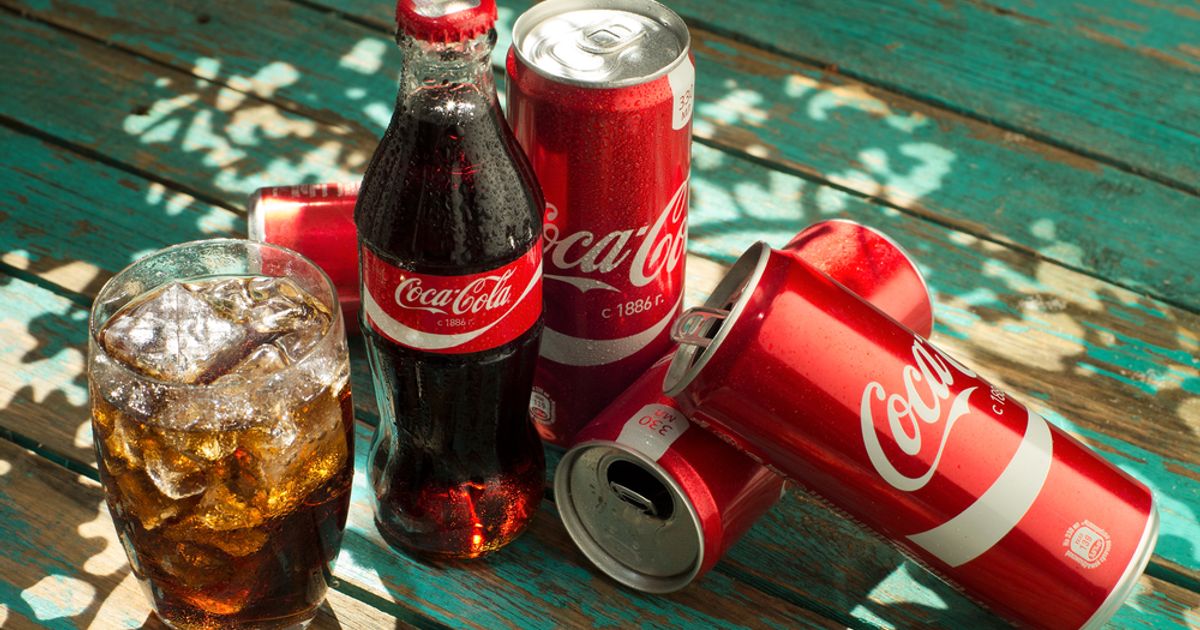Jalandhar, Punjab, August 28, 2025 – In a striking move that has captured national and international attention, Lovely Professional University (LPU), one of India’s largest private universities, has officially banned all American soft drink brands, including Coca-Cola and PepsiCo products, from its campus starting August 27, 2025. The decision, spearheaded by LPU’s Founder-Chancellor and Aam Aadmi Party (AAP) Rajya Sabha MP Dr. Ashok Kumar Mittal, is a direct response to the United States’ imposition of a 50% tariff hike on Indian goods, which took effect on the same day. This bold action, described as a symbolic protest, marks the launch of what Dr. Mittal calls the “Swadeshi 2.0” movement, urging Indians to boycott American products in retaliation for what he deems “unfair and aggressive” U.S. trade policies.

Chancellor’s Decision : A Stand for India’s Economic Dignity
Dr. Ashok Kumar Mittal, a prominent educationist, entrepreneur, and politician, announced the ban during a press conference in New Delhi, emphasizing that it is not targeted at specific brands but serves as a broader assertion of India’s growing economic clout and self-respect. “India’s economic dignity cannot be compromised,” Dr. Mittal declared. “My decision to ban American beverage companies from LPU is a symbolic assertion of India’s rising role in global affairs. A tariff hike imposed as a penalty for trading with Russia, while the U.S. continues similar practices, is completely unacceptable. America will have to rethink and revoke!”
The decision follows an ultimatum issued by Dr. Mittal on August 7, 2025, in an open letter to U.S. President Donald J. Trump. In the letter, he described the tariff hike as “unfair” and “disruptive,” warning that if the U.S. did not reverse the decision by August 27, LPU would prohibit American soft drinks and beverages on its campus, which serves over 40,000 students. Dr. Mittal’s letter also posed a provocative question: “What if 146 crore Indians initiate a strategic restriction of U.S. businesses?” This remark has sparked widespread discussion, with several youth organizations and educational institutions reportedly considering similar measures.
Dr. Mittal’s stance is rooted in his belief that India, as the world’s fourth-largest economy and the fastest-growing major nation, should not be subjected to what he calls “economic strong-arming.” He pointed out that U.S. companies generate over $80 billion annually from the Indian market across sectors like education, technology, finance, and intellectual property. “You called India a ‘dead economy,’ yet this ‘dead’ economy is thriving and will not yield to external pressure,” he wrote to President Trump, urging a shift from “discord to dialogue” and “coercion to coordination.”
Context of the U.S. Tariff Hike
The U.S. decision to double tariffs on Indian goods, raising the total duty to nearly 50%, has been cited as one of the steepest trade barriers imposed on any country. The move, attributed to President Trump’s administration, is seen as a response to India’s trade relations, particularly its energy imports from Russia. Dr. Mittal has criticized this as hypocritical, noting that the U.S. continues similar trade practices while penalizing India. The tariff hike, which took effect on August 27, 2025, is expected to have a limited but noticeable impact on India’s economy, with economists estimating a GDP reduction of 0.20% to 0.90%, though India’s reliance on domestic consumption (about 60% of GDP) is likely to cushion the blow.
India, with exports to the U.S. valued at $87.4 billion in 2024, remains a significant trading partner, but exports account for only about 2% of its GDP. This economic resilience, coupled with improving credit ratings and a robust banking sector, has bolstered India’s confidence in pushing back against the tariffs. The Indian government, under Prime Minister Narendra Modi, is responding with policy reforms, including restructuring the Goods and Services Tax (GST) to strengthen economic confidence and promote growth.

Swadeshi 2.0: A Call to Action
Dr. Mittal’s decision to ban American soft drinks at LPU is framed as the beginning of a broader “Swadeshi 2.0” movement, drawing inspiration from the 1905 Swadeshi movement that promoted Indian goods and self-reliance during colonial rule. By targeting iconic American brands like Coca-Cola and PepsiCo, LPU aims to send a clear message that India will not bow to external economic pressures. “Why shouldn’t there be a boycott?” Dr. Mittal asked during a statement, emphasizing his roles as a citizen, businessman, Chancellor, and MP. “My boycott call has resonated with scores of people across the globe, including eminent Americans like former Secretary of State John Kerry, who agree that a boycott by India would be more damaging to the U.S. than to India.”
The move has ignited a polarized debate. Supporters view it as a powerful stand for national pride and economic sovereignty, with some Indian universities and youth groups exploring similar restrictions. Critics, however, question the efficacy of targeting soft drinks specifically, arguing that the symbolic gesture may have limited economic impact compared to broader trade negotiations. Nonetheless, Dr. Mittal’s call for national unity and a boycott of American products has gained traction, amplified by his stature as a Rajya Sabha MP and the founder of a university that caters to a diverse student body from over 50 countries.
Economic and Global Implications
While the ban on American soft drinks at LPU is symbolic, it underscores the growing assertiveness of Indian institutions in global trade dynamics. Dr. Mittal has cautioned that any trade imbalance would “deal a far greater blow to the U.S. than to India,” given the significant revenue American companies derive from the Indian market. He has called for world leaders to prioritize diplomacy over “zero-sum tactics,” emphasizing that “the real test of diplomacy lies in achieving breakthroughs that benefit all sides.”
The Indian government is also taking proactive steps, with Prime Minister Modi seeking policy advice to improve living standards and ease of doing business. Outreach programs in 40 nations are planned to counter the U.S. tariffs, signaling India’s intent to diversify its trade partnerships.